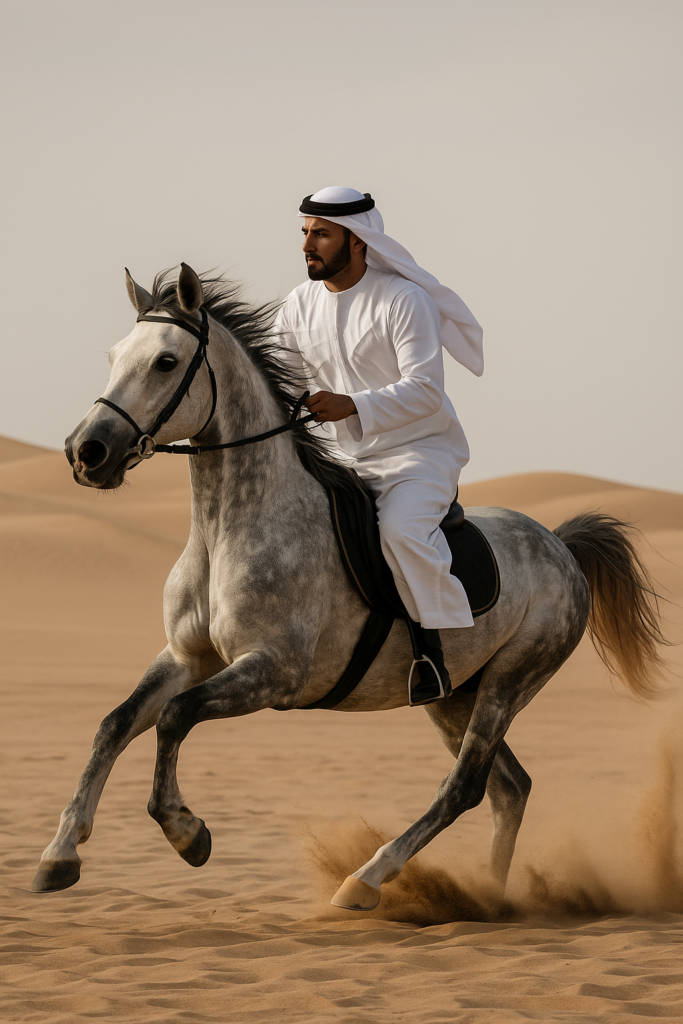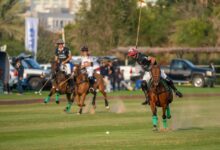
In the heart of history, across royal frontiers and battlefields of warriors, the sport of polo was born — a game that transcends mere competition to become a symbol of strength, elegance, and noble taste. With origins dating back over 2,500 years, polo first emerged in ancient Persia as a military exercise used to train cavalrymen in agility and combat readiness. Over time, it traveled to India, then to the British Empire, eventually spreading to all corners of the globe.
Polo is played on horseback, where two teams compete to score by striking a small ball with long wooden mallets into the opponent’s goal. The sport demands agility, exceptional balance, and seamless coordination between rider and horse, making it one of the most elite and refined athletic disciplines in the world.
Historically, polo has been closely linked to aristocracy. Persian kings and Mughal emperors once took pride in the sport, and when it reached Europe, it gained the title “The Sport of Kings,” embraced by royal families and noble circles. To this day, the British royal family — including Prince William — remains a passionate supporter of the game.
In the Arab world, polo is gaining significant traction, especially in the UAE and Saudi Arabia, where international tournaments are regularly hosted. Clubs like Ghantoot and Dubai Polo & Equestrian Club have become premier venues for global talent and regional excellence. Among the sport’s distinguished figures in the Gulf is Sheikh Falah bin Zayed Al Nahyan, one of polo’s most dedicated ambassadors and competitors in the region.
Today, polo is more than a sport — it is a lifestyle. One that reflects heritage, elegance, and a profound bond with the Arabian horse, a timeless symbol of pride and nobility in Arab culture.







